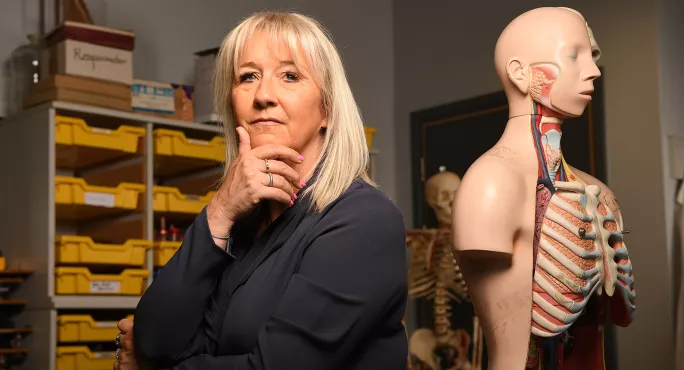A prominent academy trust does not allow its schools to permanently exclude any pupils unless the action is approved by its incoming CEO.
Jane Millward instituted E-Act’s policy about 12 months ago in her role as deputy CEO, and all proposals to permanently exclude from any of its 29 schools will continue to go to her after she becomes CEO in September.
The news comes amid growing public concern about the increasing number of exclusions across schools in England.
Your guide: Timpson Review at a glance - the key points
Analysis: Why tying excluded pupils’ results to their schools won’t work
Reason for delay: Behind-the-scenes row over school powers
Last week the DfE said it would accept all 30 recommendations of the Timpson Review, which it commissioned to examine the issue. These include holding schools accountable for the results of pupils they exclude.
Ms Millward told Tes: “We will permanently exclude as an absolute last resort, and because I think that then makes a child vulnerable if they have been excluded from school, every permanent exclusion has to come to me, and no child will be permanently excluded unless I say so.
“I have to understand the reasons and I have to see the evidence, as it has to be the last resort.”
She said she was sure that the policy has made E-Act headteachers, who remain legally responsible for exclusions, think even more carefully before taking this step, and reduced the number of permanent exclusions across the trust’s schools.
Ms Millward said: “It isn’t that I am necessarily saying ‘no, I refuse that, that child is going back into the lesson’.
“I have said, ‘no, you provide me with further evidence, I’m not rubber stamping this, I need to be convinced and at the moment I’m not so you give me more evidence.’”
She added: “What I have to be assured of is that we have done absolutely everything we can to support that child, and the other children, so that I am confident that we have absolutely no other place to go with this, other than to permanently exclude.
“Of course, there are some situations where we have permanently excluded, but I am absolutely convinced that we could have done no more to help that child, and it won’t happen unless I am convinced of that.”
Ofsted last year said it suspected an E-Act school, Shenley Academy of Birmingham, of off-rolling pupils, and the DfE recent warned it could terminate the academy’s funding agreement.
Ofsted defines off-rolling as a pupil being removed from a school’s roll for the best interests of the school rather than the child.




